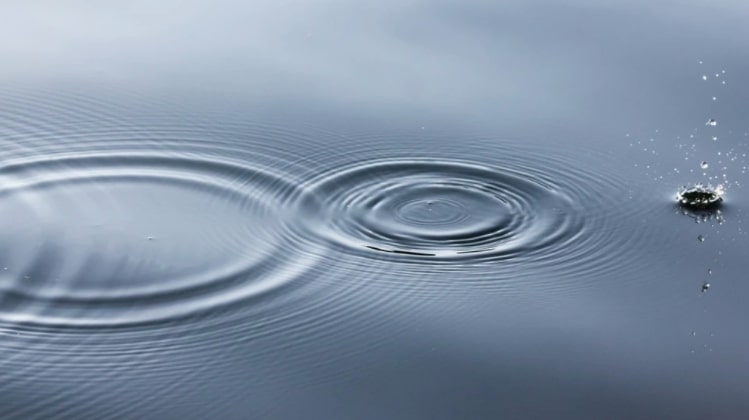The City of Cape Town has recorded a slight decrease in the dams supplying the Mother City. A 0.7% decrease from 99.9% sees the dams sitting at 99.2% capacity. The decrease occurred during the week of October 19 to October 25.
Water consumption for the same period decreased slightly by one million litres per day from an average of 718 million litres per day the previous week to 717 million litres per day. At the same time last year, dam levels were at 81,9%.
‘Dam levels continue to border the 100% mark as they have dropped by less than 1% this past week. As communicated after the Mayoral Committee meeting last week, following ongoing assessments and consultations, the City decided to lift water restrictions in Cape Town and to move to the lowest tariff, being the no restriction, water-wise tariff from 1 November 2020,’ said the City in a statement.
Residents are reminded that while water restrictions will be lifted from November 1 2020, the following permanent regulations as outlined in the Water By-law still apply:
- Watering is only allowed before 9:00 or after 18:00. This applies to watering with drinking water or borehole or well point water.
- Hosepipes used for watering or washing vehicles, boats and caravans must be fitted with a controlling device such as a sprayer or automatic self-closing device.
- Automated sprinkler systems must be able to be correctly positioned and be able to be adjusted to prevent water wastage.
- Boreholes and well point water must be used sparingly and efficiently.
- Commercial car wash industries must comply with industry best practice norms regarding water usage per car washed.
- All swimming pools must be covered by a pool cover to avoid evaporation when not in use.
- Automatic top up systems using a float valve fed from a potable water source to supply swimming pools and garden ponds is not allowed.
- No washing or hosing down of hard-surfaced or paved areas with municipal drinking water allowed.
- Water users, such as abattoirs, food processing industries, care facilities, animal shelters and other industries or facilities with special needs (health/safety related only) must apply for exemption.
- Potable water may not be used to dampen building sand and other building material to prevent it from being blown away.
- Taps and showers provided in public facilities must be fitted with demand type taps.
- Outdoor taps, except those on residential properties, must be secured to prevent unauthorised use.
- The maximum flow rate of any shower head may not exceed seven litres per minute.
- The maximum flow rate of any tap installed at a washbasin may not exceed six litres per minute.
- New or replaced toilet cisterns may not exceed six litres in capacity.
For more information on new water sources, water restrictions (Level 1 currently in place), guidelines around alternative water sources such as boreholes and rainwater tanks, as well as tariff information, please visit http://www.capetown.gov.za/thinkwater
More information about the City’s Water Strategy can be found here.
Picture: Unsplash

